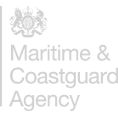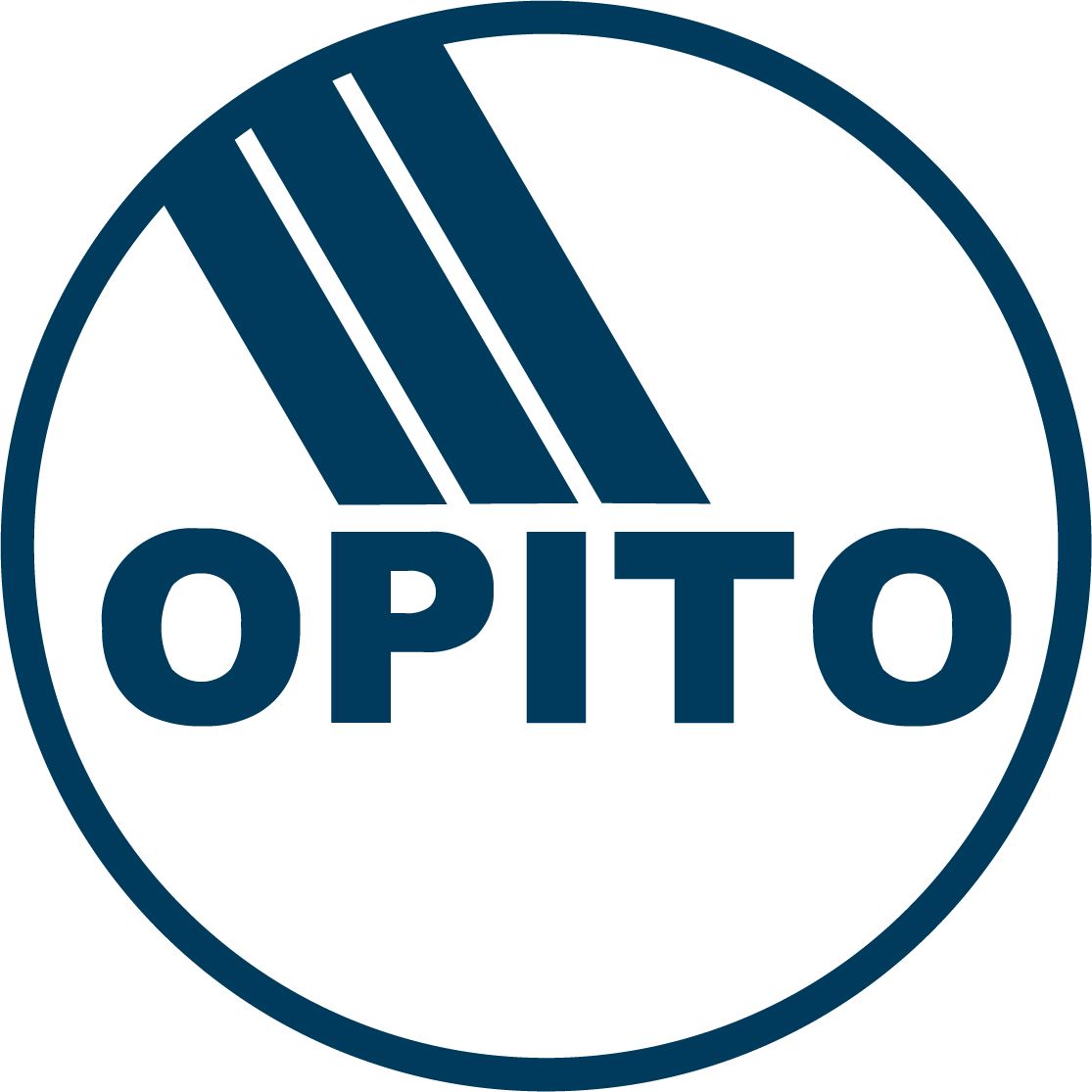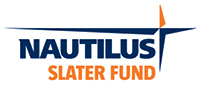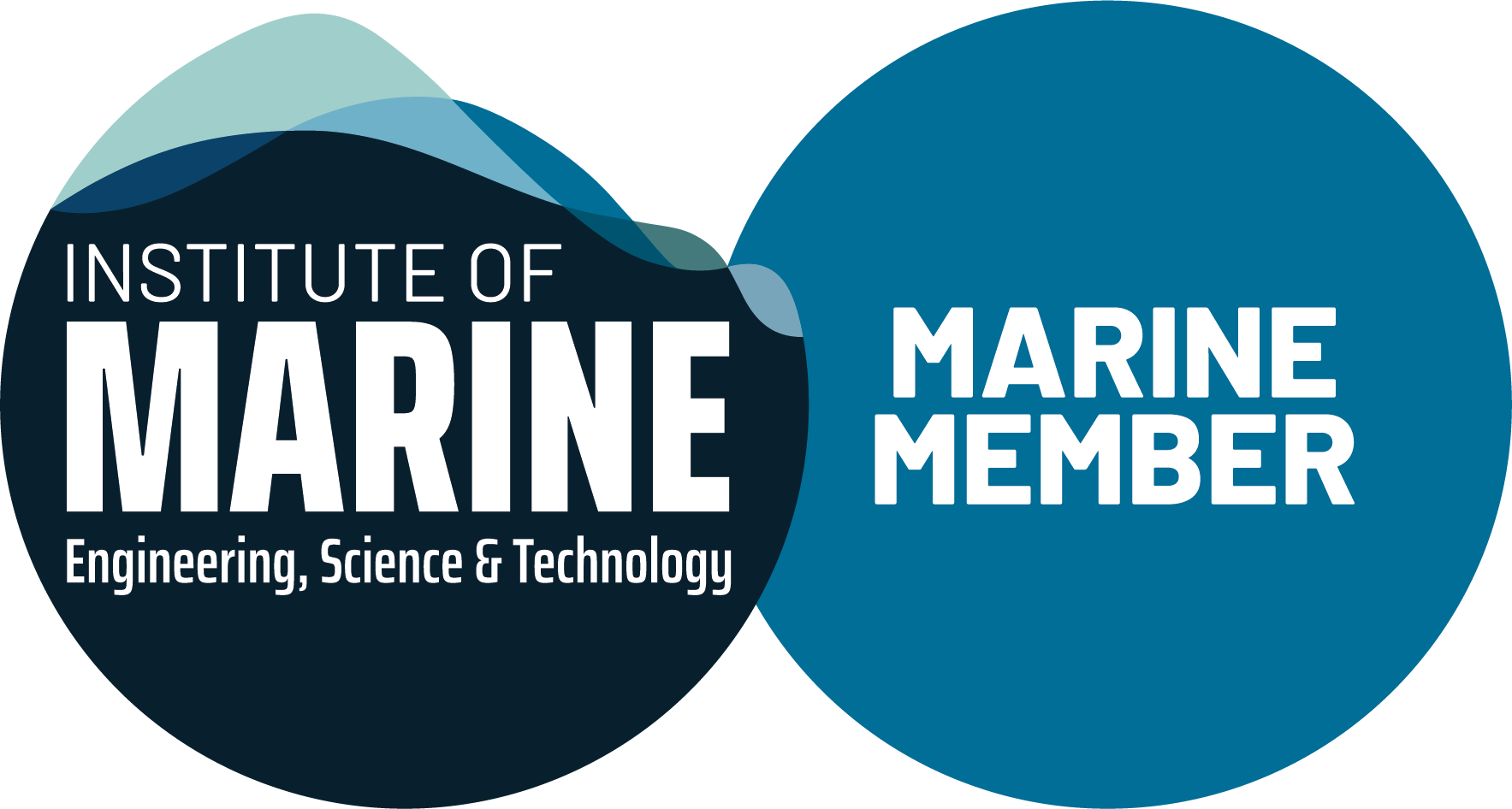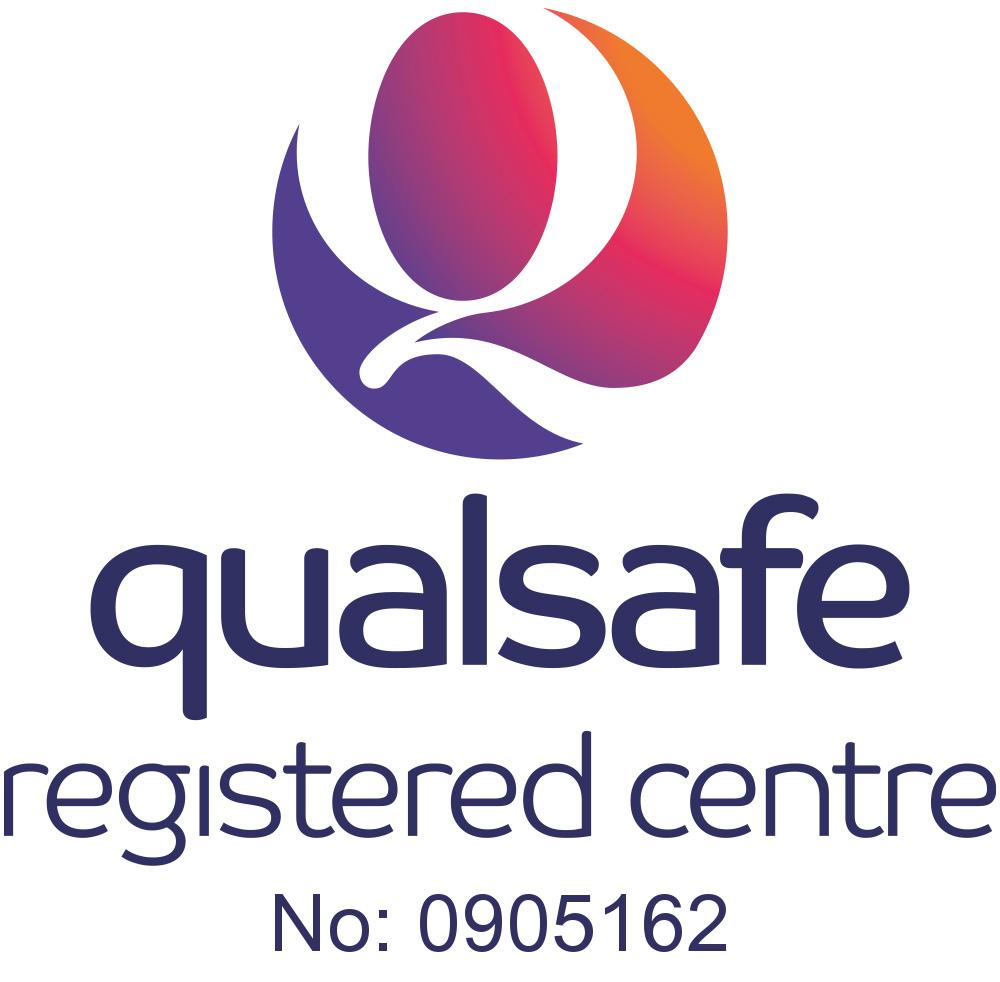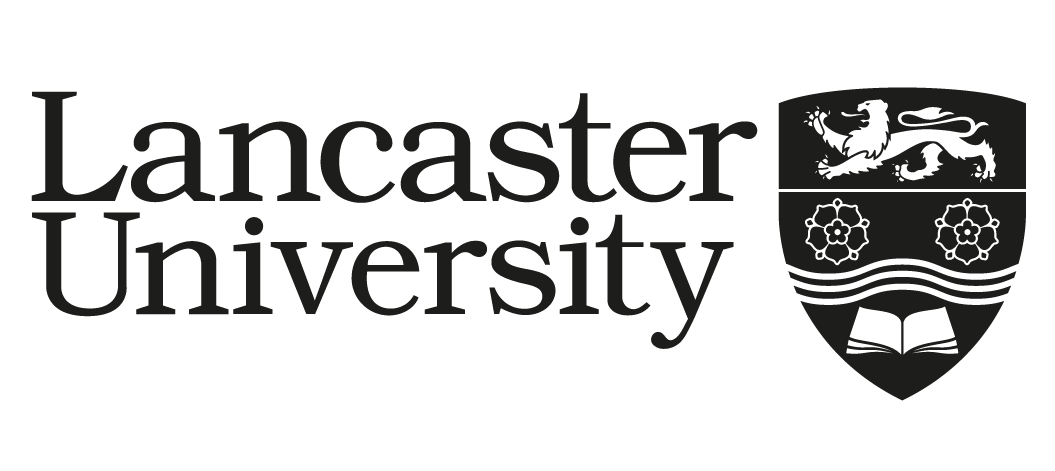STCW Navigation Aids Equipment and Simulation Training (NAEST M)
Course Code: MX1EC66
Maritime & Nautical
Next course dates
| Start Date | Location | Duration / Fee | |
|---|---|---|---|
| 28/04/2025 | Fleetwood Nautical Campus | 1 Week/ £1,485 | Apply |
| 04/08/2025 | Fleetwood Nautical Campus | 1 Week/ £1,590 | Enquire |
| 17/08/2025 | Fleetwood Nautical Campus | 1 Week/ £1,590 | Enquire |
| 24/08/2025 | Fleetwood Nautical Campus | 1 Week/ £1,590 | Enquire |
| 08/09/2025 | Fleetwood Nautical Campus | 1 Week/ £1,590 | Enquire |
| 01/12/2025 | Fleetwood Nautical Campus | 1 Week/ £1,590 | Enquire |
Course Overview
The Navigation Aids, Equipment and Simulation Training at management level (NAEST M) offers comprehensive training in the competent use of navigation and electronic systems found onboard merchant vessels.
You will gain the knowledge and understanding required in the use of radar, ARPA, ECDIS, satellite navigation systems and other electronic navigation aids to monitor the safety of navigation.
Successful completion will form part of the overall competency package that is submitted to the MCA for the issuance of a Chief Mates Certificate of Competency (Chief Mates CoC – unlimited). The course is based on MNTB criteria and approved by the Maritime and Coastguard Agency (MCA).
Entry Requirements
The minimum entry requirements are:
- At least 12 months watchkeeping service whilst holding a Certificate of Competency issued under Regulation II/1 of the STCW Convention 1978, as amended
Chief Mate less than 3000gt will be accepted with a minimum of six months watchkeeping service. These candidates may require a Distance Learning Programme to prepare for this course at an additional cost of £175. Please contact us to check if this applies to you.
Candidates will need to provide documentary evidence of successful completion of:
1. MCA approved Navigation Aids and Equipment Simulator Training (NAEST) (Operational level) course completed on or after 1 January 2005, or
2. MCA approved ECDIS course completed on or after 1 January 2005
If no valid ECDIS certificate is held, then you will need to complete a full MCA approved ECDIS course before participating in the NAEST (M) course. If you are not sure, please contact us - 01253 504800 or maritime@blackpool.ac.uk
Candidates will be required to verbally confirm on the day that they are fit and well enough to participate in practical exercises.
Assessment Methods
The training comprises 7 areas of competence
1. Voyage planning and execution
2. Voyage monitoring by all available means
3. Decision making in navigational and other situations
4. Command decision making assisted by appropriate navigation aids
5. Manoeuvre the ship in all conditions
6. Co-ordinate search and rescue
7. Set efficient watch keeping processes and procedures
Assessment is by continuous observation of performance against stated performance criteria.
Teaching and Learning Methods
This course is 35 hours delivered over five days.
Training is primarily based around a series of exercises conducted in the full mission bridge simulators followed by constructive instructional debrief of all participants
Stage 1: Collision avoidance exercises
Stage 2: Navigation and collision avoidance exercises
Stage 3: Search and rescue exercises
Stage 4: Advanced navigation and collision avoidance exercises
Industry Placement and Field Trips
There is no industry placement or field trip included as part of this course.
Other Costs and Equipment Needed
All equipment required is provided.
Expert Tutors
All staff involved in the delivery of any courses within the College are approved to teach and/or assess the subjects and modules they deliver. The approval process ensures that staff delivering and/or assessing a given programme are appropriately qualified, with relevant technical and industrial experience and professional practice.
Tuition Fees
Read our tuition fees guide.
Regulation and Accreditation
Accrediting Institution: N/A
Terms and Conditions
Read our full terms and conditions for more information.



